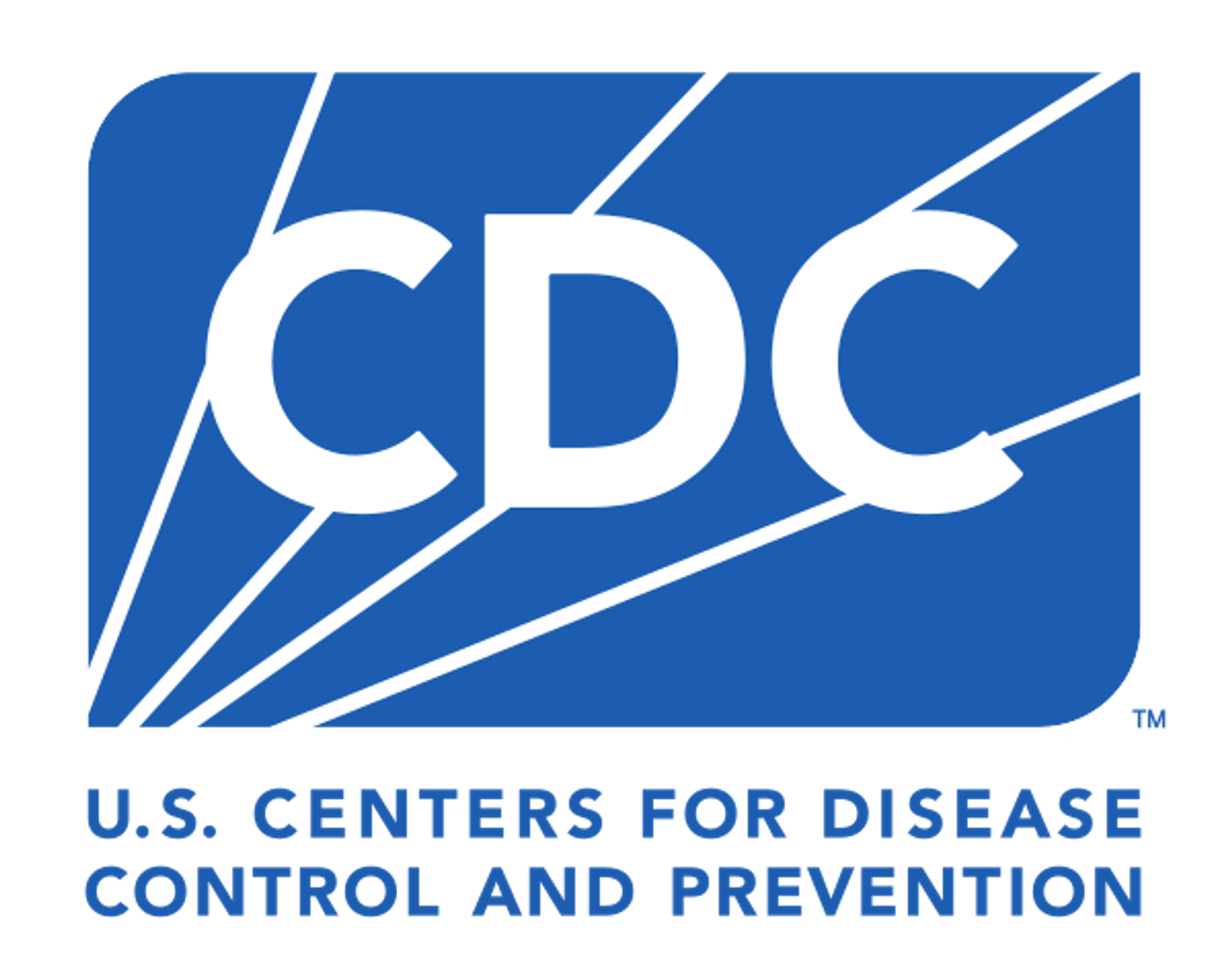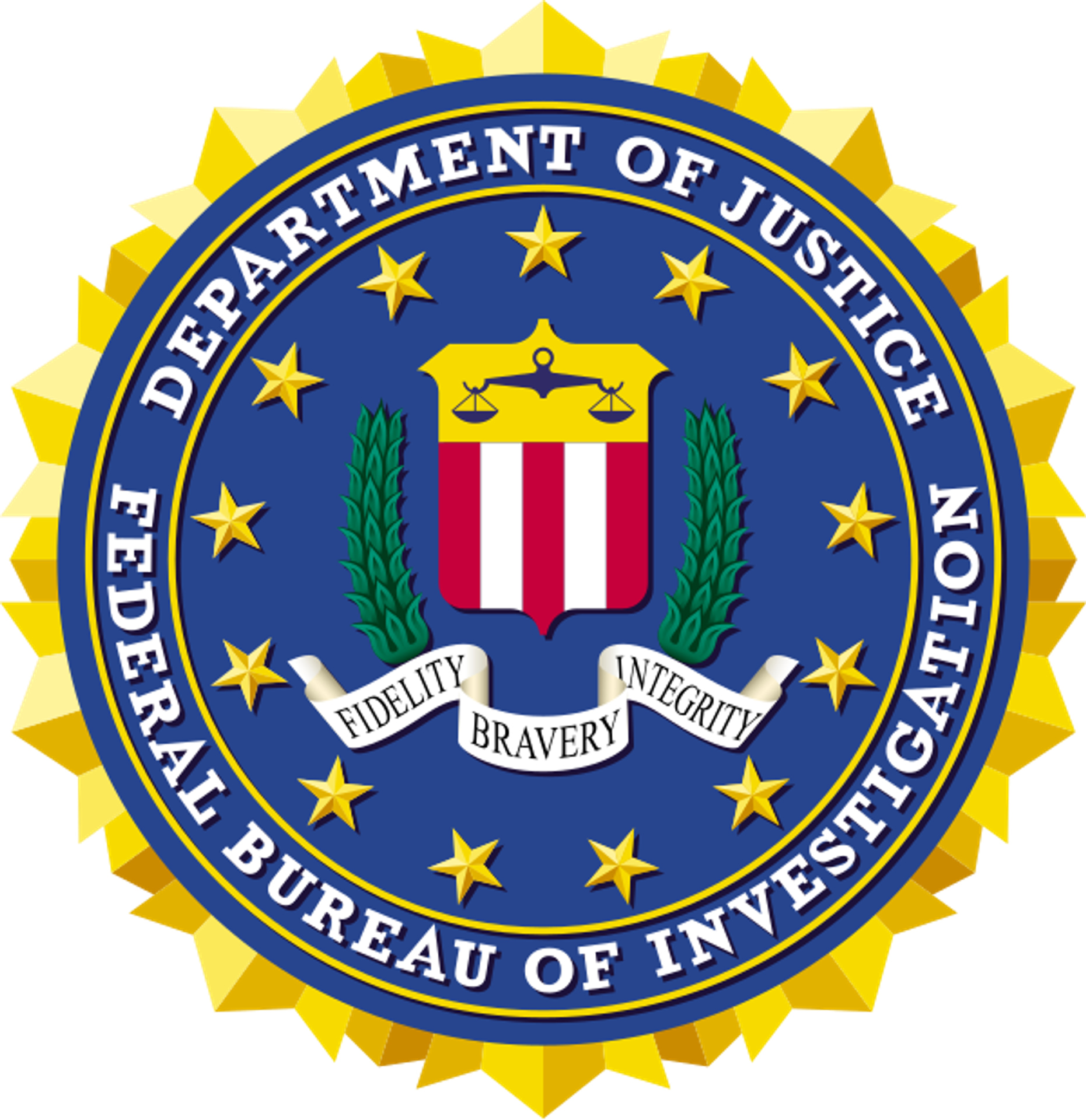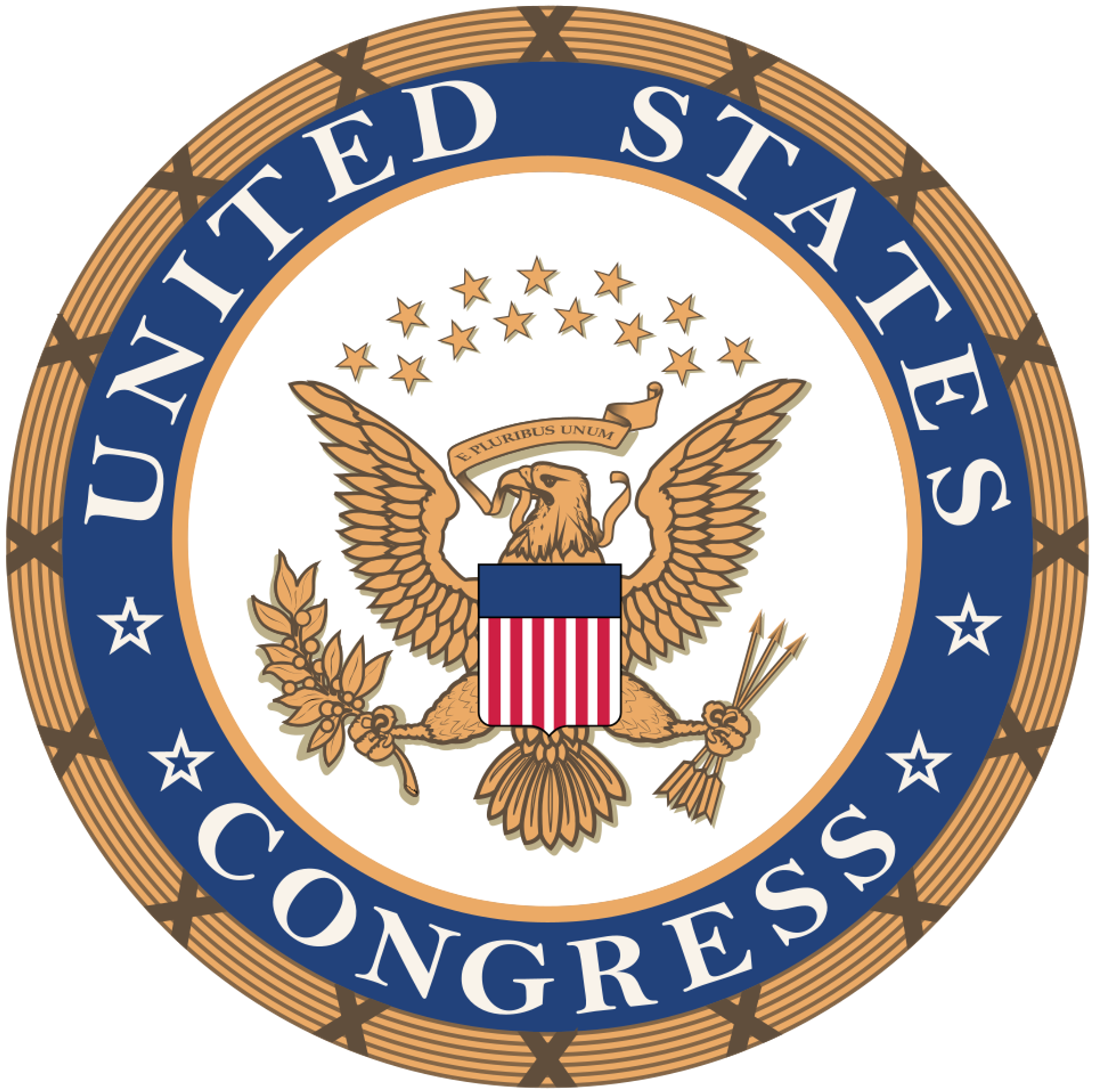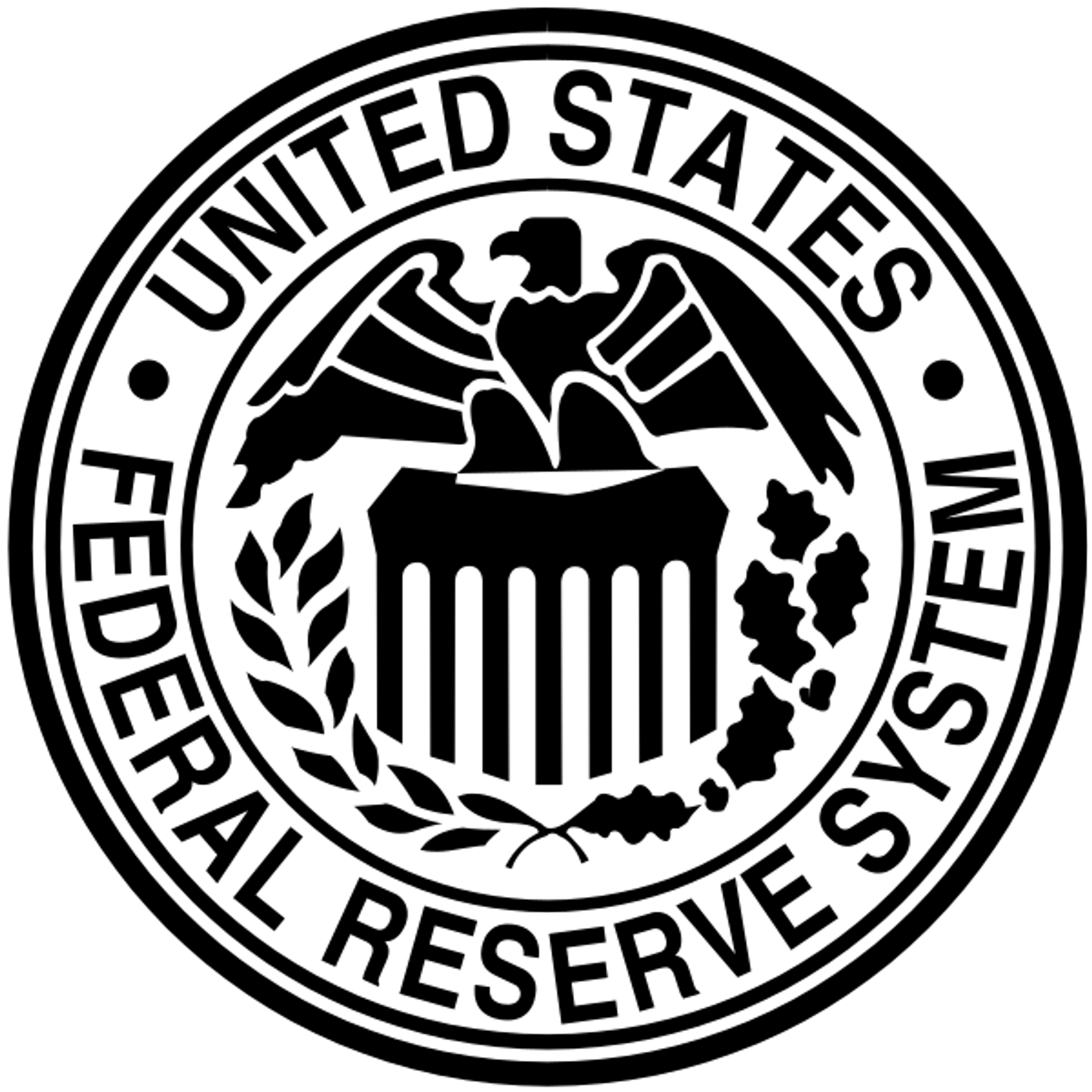
Centers for Disease Control and Prevention
What do people say about Centers for Disease Control and Prevention?
The CDC's perception in the United States is overwhelmingly negative, characterized by public skepticism and accusations of mishandling critical health information. The agency has been criticized for confusing and frequently changing recommendations during health crises, which has eroded its credibility. Furthermore, the CDC is often perceived as being influenced by political pressures, undermining its role as an independent public health authority. Despite its significant resources and expertise, these issues have led to diminished public confidence and ongoing controversy surrounding its effectiveness and transparency.
Where are the conversations happening?
Critical discussions about the CDC predominantly occur in politically oriented news outlets and social media platforms where public health policies are heavily debated. Conservative-leaning media often highlight perceived CDC failures and politicization, while some mainstream outlets focus on accountability and transparency issues. There is a noticeable lack of positive coverage in all channels, with most sources emphasizing the CDC's operational and communication shortcomings. The most critical analyses appear on platforms that scrutinize government agencies and public health responses closely, often linking CDC actions to broader political narratives.
What are the topics trending around Centers for Disease Control and Prevention?
Emerging trends include ongoing debates about public health mandates, vaccine guidance, and the role of political influence in CDC decision-making. Discussions around new infectious disease threats and the agency's preparedness for future pandemics also remain prominent.
Why are these topics trending?
These topics are trending because the CDC's past performance during health crises has left the public and policymakers questioning its reliability. Political polarization and evolving health challenges keep the agency under intense scrutiny, driving continuous debate about how the CDC should operate and communicate with the public moving forward.
How is Centers for Disease Control and Prevention being talked about?
Detailed breakdown of public sentiment and conversations about this entity.
Impact vs Sentiment
See how each entity's high impact percentage relates to their positive sentiment percentage from actual mentions.




